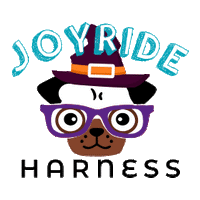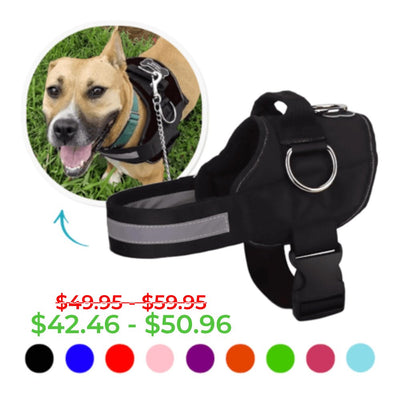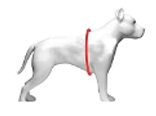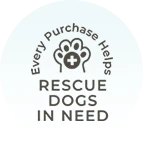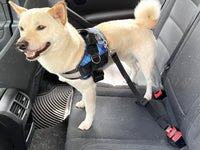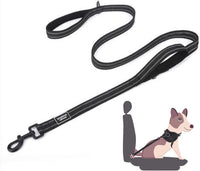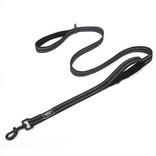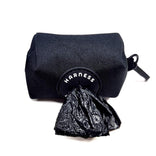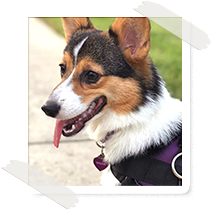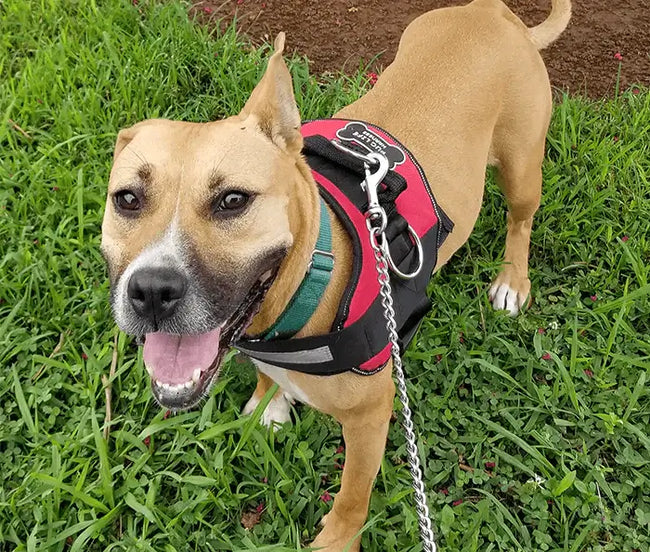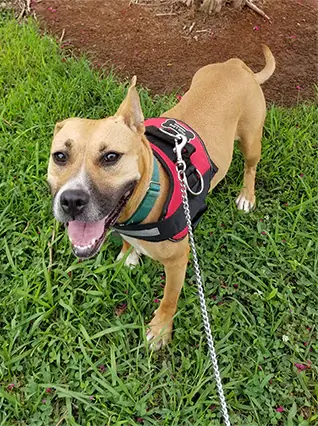Why Breakfast Is Important For Dogs
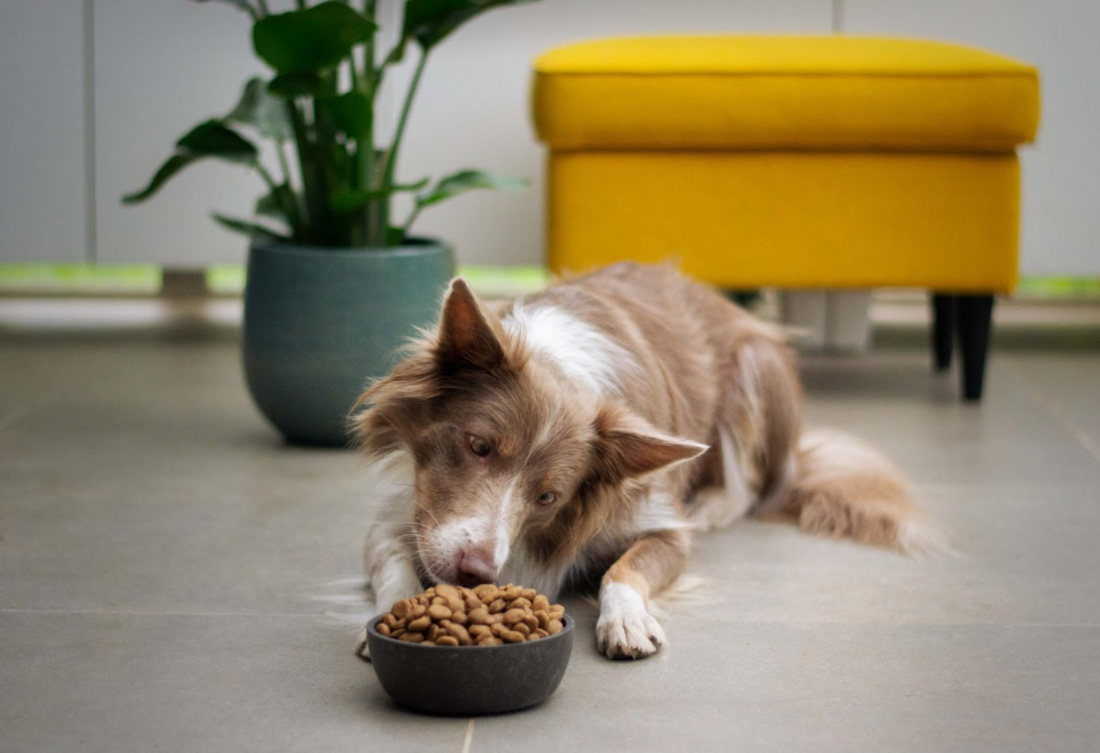
You’ve probably heard the phrase “Breakfast is the most important meal of the day.”
Whomever you heard it from, was probably talking about people. But, you’ll be surprised to learn that breakfast is also important for dogs!
The Science Behind Breakfast for Dogs
It's well known that humans perform better after eating breakfast. But is it true for dogs? Two scientists at the University of Kentucky decided to find out.
Dr. Holly Miller and Charlotte Bender looked at canine test subjects and their ability to find hidden food.
The researchers measured the search performance of trained dogs with empty stomachs and compared it to dogs who had been fed a morning meal. But first, they drained all the dogs' energy levels by making them sit and stay for 10 minutes. Self-control like this depletes their natural vitality and ability to complete certain tasks.
Next, the dogs were shown a treat before it was hidden in one of several containers.
It would seem the hungrier ones would have the easiest time finding food. But that wasn’t the case. The researchers observed that the dogs who were fed breakfast searched more accurately for the treat 30 minutes after their meal than the dogs who searched on an empty stomach.
How Does Food Intake Affect Our Dogs?
Did you know that, while dogs are proven to be impacted like this by their food, wild dogs such as wolves, coyotes, and jackals are not affected in the same way?
"Here is where it gets a bit complicated," said Dr. Miller.
According to her, when domesticated dogs eat a carbohydrate-laden diet (like commercial dog food), their brains grow more dependent on glucose and more sensitive to fluctuations in glucose levels.
But when wild dogs eat their natural diet of hunted prey meat, the carb level is low and the fat content is high. This means the dogs' brains don't experience the glucose fluctuations seen in dogs fed carb-based diets.
Based on Dr. Miller's theory about wild vs. domestic dog diets, we can assume that your dog's cognitive skills are sharper after a morning meal depending on what you feed your dog regularly.
If you're feeding a balanced, species-appropriate diet that closely resembles your dog's natural diet (aka meat), it may not get much of a mental energy boost from a morning meal.
However, the natural diet will ensure that cognitive skills are more likely to remain constant throughout the day, as the brain hasn't been sensitized to the fluctuations in glucose levels that result from ingesting carbohydrates.
Dogs in the wild cannot afford to have fluctuating mental capacity because they need to be alert and hunt.
Feeding Your Dog
What to Feed Your Dog
A biologically appropriate diet for your dog, based on the canine ancestral diet, should include around 14% carbohydrates sourced from ground veggies that mimic the intestinal contents of prey. Most dry dog foods contain between 45 to 75% carbs, beyond what nature intended for them!
When to Feed Your Dog
Dogs living in the wild hunt in the late afternoon or early evening. That means if they're lucky, they'll be eating dinner in the second half of the day. Many holistic vets have found that most dogs thrive consuming a species-appropriate diet once, later in the day, or during the evening.
Feeding Puppies
A regular feeding schedule helps with house training puppies, as well as adult rescue dogs who have not been taught household manners.
Puppies generally need to relieve themselves within 10 to 15 minutes of eating a meal. By linking meals with when you take your puppy to the potty, you can predict when they have to go and allow the puppy to learn to associate the urges to urinate and defecate with being in the appropriate location. This is essential for house-training a new puppy!
Feeding a puppy all it can eat at one time is not recommended as it can create juvenile obesity, binge eaters, as well as set the stage for some orthopedic problems and diabetes.
Feeding an Adult Dog
Feeding an adult dog at regular times provides the security and predictability of a routine. Meals become a cornerstone event of the day around which other activities are added.
A feeding routine helps your dog cope when there are changes in the household (e.g., a child moves away to college, a new baby arrives, or a vacation during which a house-sitter is in charge).
After 8 to 10 hours, an empty stomach begins to send signals to the brain stimulating a hunger response. For this reason, at least two meals per day are best for your dog.
Dogs should eat at least two meals each day, about 12 hours apart.
Wondering what you should feed your dog?
After searching and testing options, we at Joyride Harness have found great options for our pups and now we recommend it to everyone: friends, family, and now you.
Don’t Let Your Dog Work on an Empty Stomach
Some trainers used to theorize that a dog will do better on an empty stomach, but this information shows that they need food to kickstart their brain. So before you train your dog or take them for training, make sure they have a meal. Leave time so that your dog doesn't work hard on a full stomach,
All dogs are different, so switch your foods and routines up to see if it improves your dog’s performance.
If you have concerns, as always, contact your veterinarian.
For more doggie photos and pup-related fun, follow us on Instagram at @joyrideharness. And for a more detailed blog post about finding the best size dog harness for your pup, check out this blog post!!
